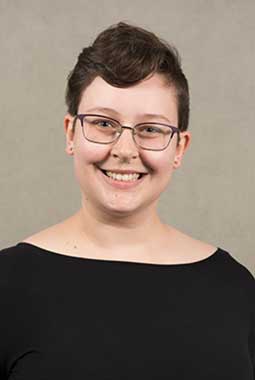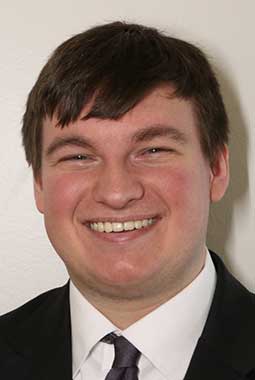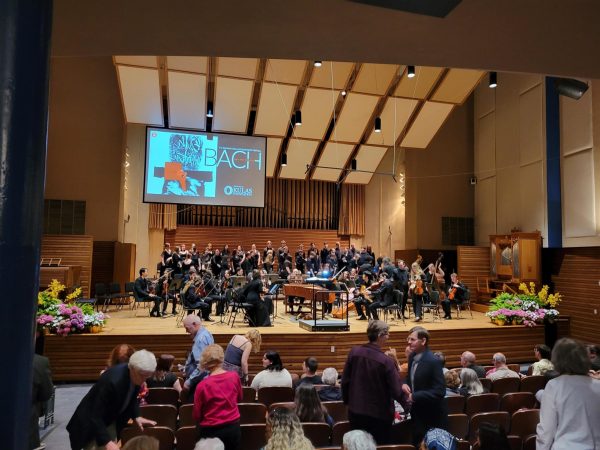NASA scholarships awarded to three students for research
Three Baldwin Wallace students recently earned a reward you could say



is pretty out of this world.
The School of Natural Sciences, Mathematics & Computing students recently received Undergraduate Junior-Senior Scholarship awards from the NASA/Ohio Space Grant Consortium (OSGC).
According to the BW website, the OSGC is part of a larger grant and fellowship program, referred to in simpler terms as Space Grant, funded by the US Congress. Administered by NASA, the goal of the program is to support STEM education and give grant money to students majoring in these fields.
For the 2019-2020 academic year, Baldwin Wallace had three recipients win scholarship awards. Delenn Hartswick, Sarah Shapley, and Patrick Woller all received funding towards their on-going research projects: the biological basis of gender, multiple sclerosis, and neurodegenerative diseases, respectively.
Hartswick, a junior Neuroscience and Psychology major, discussed how she found out about the scholarship and the steps she had to take to be considered.
“The scholarship was sent to me in March by my thesis faculty mentor,” she said. “Then, I had to write a project proposal and a personal objective statement and submit those along with two recommendation letters.”
She went on to say that the scholarship is not only a great financial help towards completing her education at BW, but it is also a great recognition of her efforts over the past few years.
According to the BW website, Hartwick’s research entails exploring the link between prenatal hormone exposure and sex-specific neuroanatomy in a rat model. The goal of the study is to help expand understanding of gender and how identities can differ between individuals.
“It has been found in humans that certain structures in transgender people’s brains are an intermediate volume, where normally the structures would be either distinctly male or female by volume (such as male being larger than a females and the transgender structure being in between),” said Hartswick. “The theory is that this occurs due to a different level of hormones during the differentiation of these structures.”
The other two recipients, Sarah Shapley and Patrick Woller, are taking different, but equally fascinating, routes than Hartswick.
Shapley, a senior Neuroscience and Biology major, is using a zebrafish model to understand factors regulating myelin development.
The data can help to identify the dysregulation which occurs during diseased states, such as in multiple sclerosis.
Woller, also a senior neuroscience and biology major, is using the scholarship money to further his research about how brain cell waste if managed improperly, accumulates, and impairs the neuron’s ability to function correctly.
All three recipients of the scholarship plan to make a career in scientific research after graduating.
The Exponent is looking for financial contributions to support our staff and our newsroom in producing high-quality, well-reported and accurate journalism. Thank you for taking the time to consider supporting our student journalists.












































